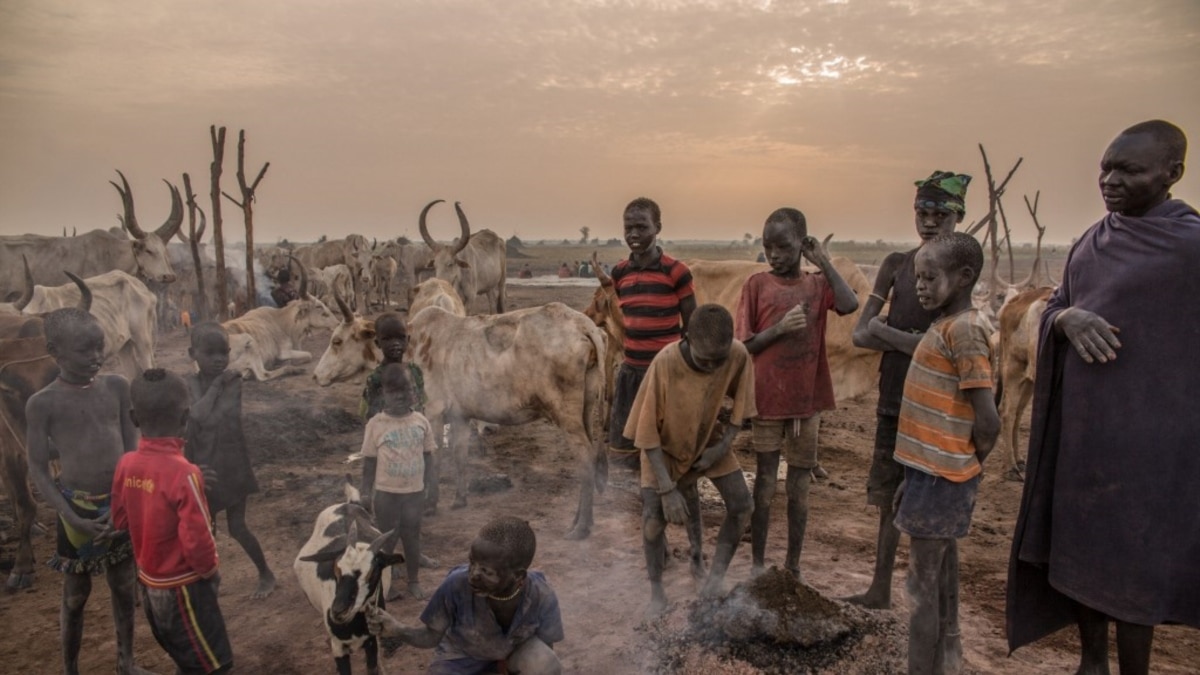Survival at the Crossroads: How Mundari Culture Battles Modern Extinction

In the heart of South Sudan, the Mundari people stand as living testaments to a rich pastoral tradition that has endured for generations. Their profound connection with cattle transcends mere livestock management—it is a cultural symphony that resonates deeply with their identity and way of life.
These remarkable herders navigate a challenging landscape where ancient practices are increasingly under siege by modern pressures. Climate change, regional conflicts, and rapid societal transformations threaten to unravel the delicate fabric of their traditional existence. Yet, the Mundari remain resilient, their spirit unbroken.
Cultural advocates passionately argue that the Mundari's unique lifestyle represents more than just a regional practice—it is a precious fragment of global human heritage. Their intricate relationship with cattle, characterized by deep respect and symbiotic interdependence, offers the world a window into a way of life that has sustained communities for centuries.
From the dusty plains of Terekeka County in Central Equatoria state, this story unfolds—a narrative of survival, cultural preservation, and the ongoing struggle to maintain a way of life that is both beautiful and fragile.
Reported by Sheila Ponnie

